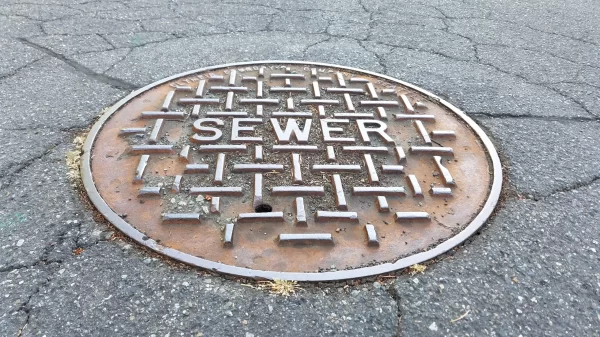By Brandon Moseley
Alabama Political Reporter
Alabama Attorney General Luther Strange announced in a written statement that a federal court ruling has struck down the EPA’s controversial Cross State Air Pollution Rule. AG Strange called the rule, “intrusive and overreaching.” The Environmental Protection Agency (EPA) rule regarding air emissions across states was challenged in the court by Alabama, Texas, and 13 other states.
AG Strange said, “This ruling upholds major principles of fair play. A state must have the opportunity to propose its own plan to control air emissions before the EPA forces a federal government plan upon the state. EPA’s actions in this respect have represented a departure from the longstanding principle of cooperative federalism. I am pleased that the court today struck down this intrusive and overreaching rule.”
In his own statement Texas Attorney General Greg Abbott said, “Yet another federal court has reined in an overreaching EPA for violating federal law and intruding on Texas sovereignty. Texas challenged the Obama Administration’s burdensome and unlawful regulations because they jeopardized electric reliability in the state, threatened job losses for hard-working Texans, and exceeded the limits of the EPA’s authority. Vindicating the State’s objections to EPA’s aggressive and lawless approach, today’s decision is an important victory for federalism and a rebuke to a federal bureaucracy run amok.”
Florida Attorney General Pam Bondi said that EPA regulations were, “Based on a flawed process and without first working cooperatively with our state.” Bondi said that the new federal regulation were both costly and unnecessary.
The U.S. Court of Appeals for the District of Columbia rejected the EPA’s Cross State Air Pollution Rule (CSAPR), ruling in the case of EME Homer City Generation L.P. v. EPA.
The court wrote in its 60 page ruling, “EPA’s approach punishes the States for failing to meet a standard that EPA had not yet announced and the States did not yet know.” “Our limited but important role is to independently ensure that the agency stays within the boundaries Congress has set. EPA did not do so here.”
The rules were designed to make states responsible for the air quality of other states. The court ruled however that CSAPR exceeded EPA’s authority. The new regulations would have required “upwind” states to reduce their emissions, not to meet air quality standards in their own states but because of EPA’s claimed affect that they have on other states. For example Alabama’s power plants would have been held responsible for the air quality in Atlanta, because Atlanta is downwind of Alabama.
Critics of the Obama administration argue that the administration has followed an extremist environmental agenda without any regard for states rights or the affect that new regulations were having on economic growth.
To read the ruling:
https://www.oag.state.tx.us/newspubs/releases/2012/082112DCCircuitCourtEPAOpinion.pdf



















































